Wang Manyu, a typically low-key table tennis player, made headlines after unleashing two roars at the end of the final match in this year's Super League. This unusual behavior quickly became the focus of post-game discussions. Some believe it was a release of pent-up pressure, while others see it as an unfriendly response to opponents and public opinion. So, what do these two roars signify? What difficult struggles and highlights are hidden behind this final?
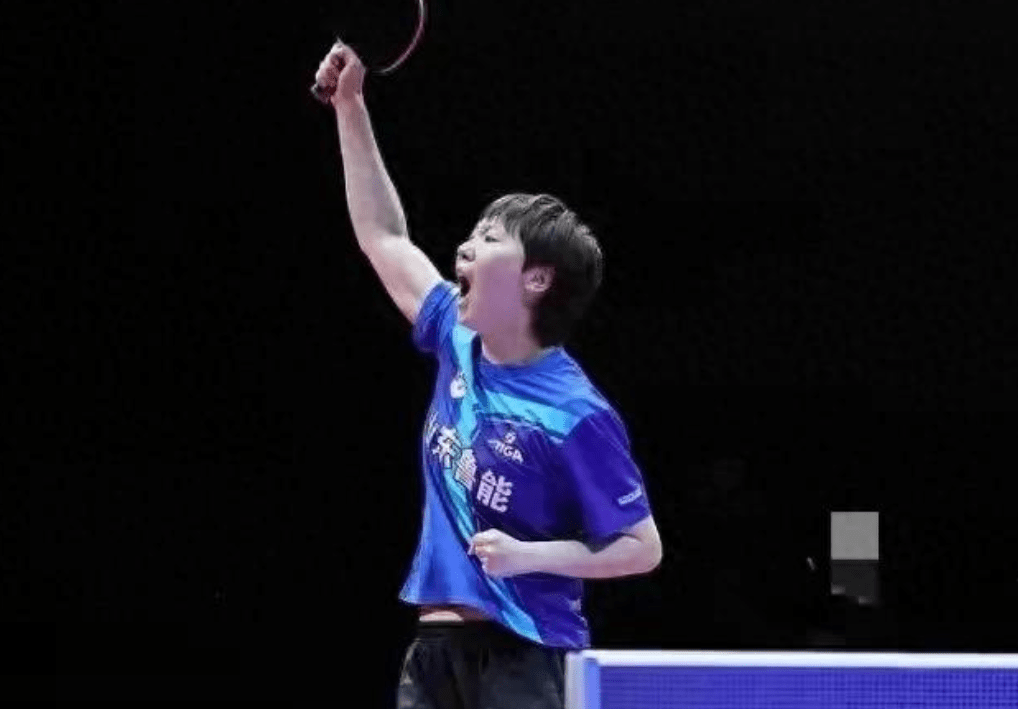
This was not a calm game. There were controversial calls, emotional breakdowns, and unsupportive spectators. However, Wang Manyu resolved all these uncontrollable factors with a decisive "straight shot." The real question is how much pressure a victory must bear and where these emotions truly stem from.
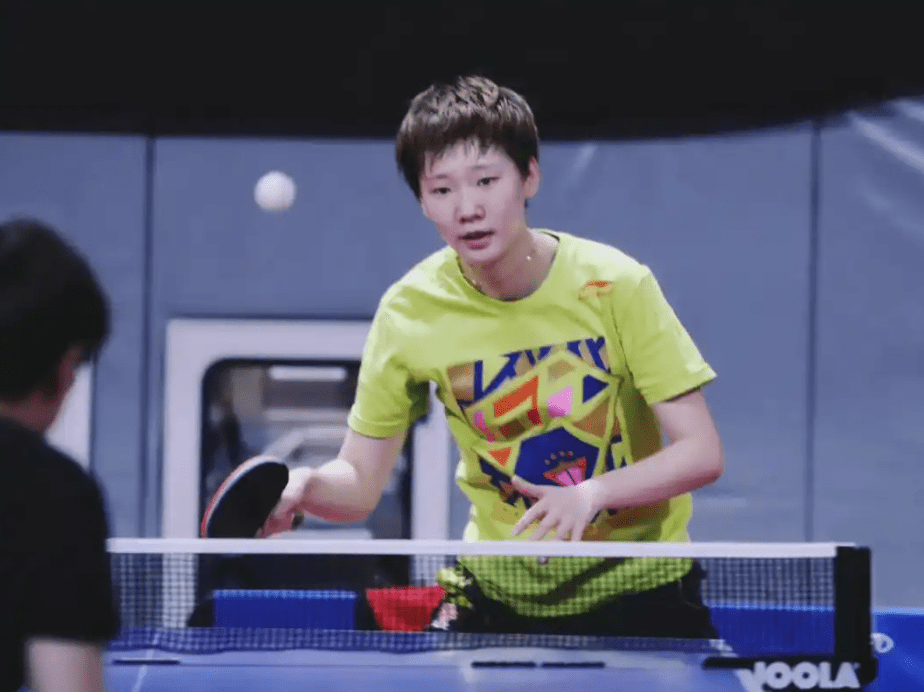
Returning to the scene of the match, it can be said that this championship battle in the Super League was a confrontation of various pressures and emotions. Shandong Luneng faced off against the formidable Shenzhen University, with each team boasting world-class players. At stake was not only prestige but also the collaboration within the teams and the display of top-level performance by the athletes.

The match is most famous not for its gameplay but for two controversial moments that left spectators holding their breath. The first occurred in the fourth set when Shenzhen University's main player, Sun Yingsha, was awarded a point for a borderline shot, which Shandong Luneng contested. Although technical replays confirmed the call was correct, the brief controversy had already tensed the atmosphere. The second incident happened during a critical rally in the deciding set when Wang Manyu's serve was deemed valid, eliciting a clear expression of dissatisfaction from Shenzhen University's young player, Tan Yuexuan, even causing a temporary pause in the match. For Qian Tianyi, these calls and delays directly affected her state, causing her to nearly "psychologically collapse" in the crucial set, losing her original rhythm.
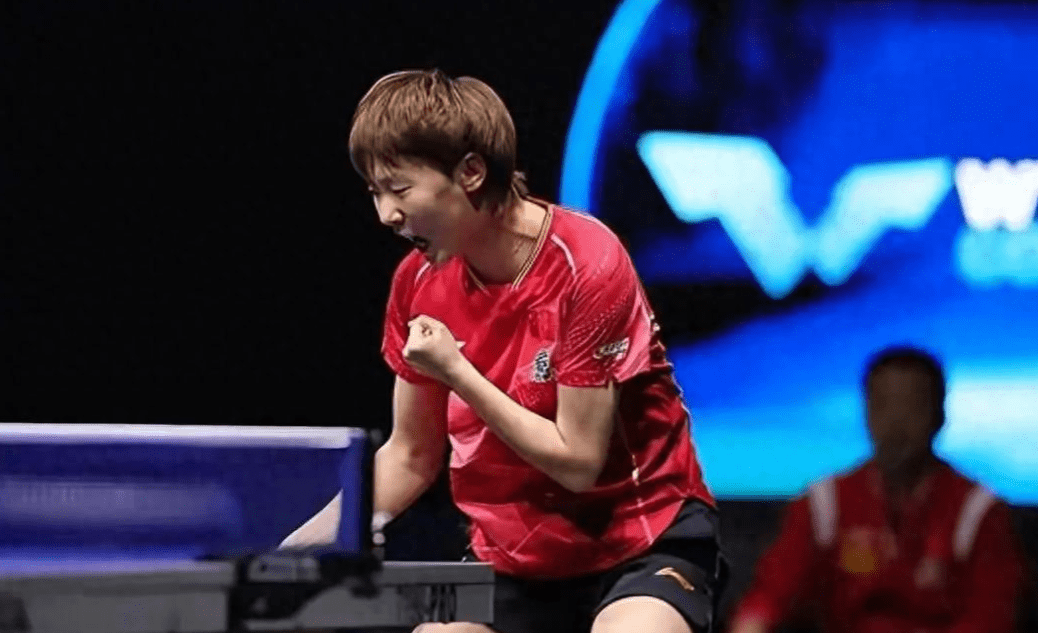
These controversies not only determined the course of the match but also raised questions about the transparency of the refereeing rules. We must ask if technological means can further reduce the scope of subjective judgment. While this is a competitive rule issue, the players' psychology has clearly been fully tested.
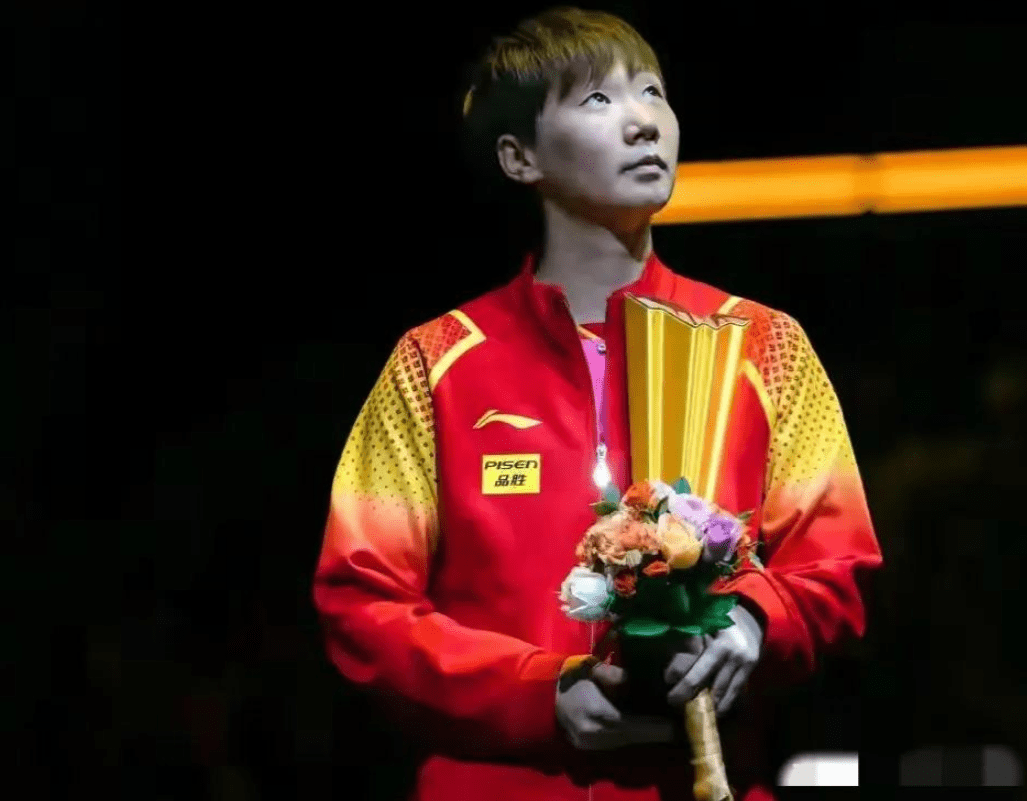
Equally noticeable as the controversial shots were the emotions of the spectators outside the court. The audience at this final generally favored Shenzhen University, and when Wang Manyu took the court, some even shouted hostile remarks. These voices not only pierced her ears but also conveyed a sense of being "unpopular" and on the cold bench.
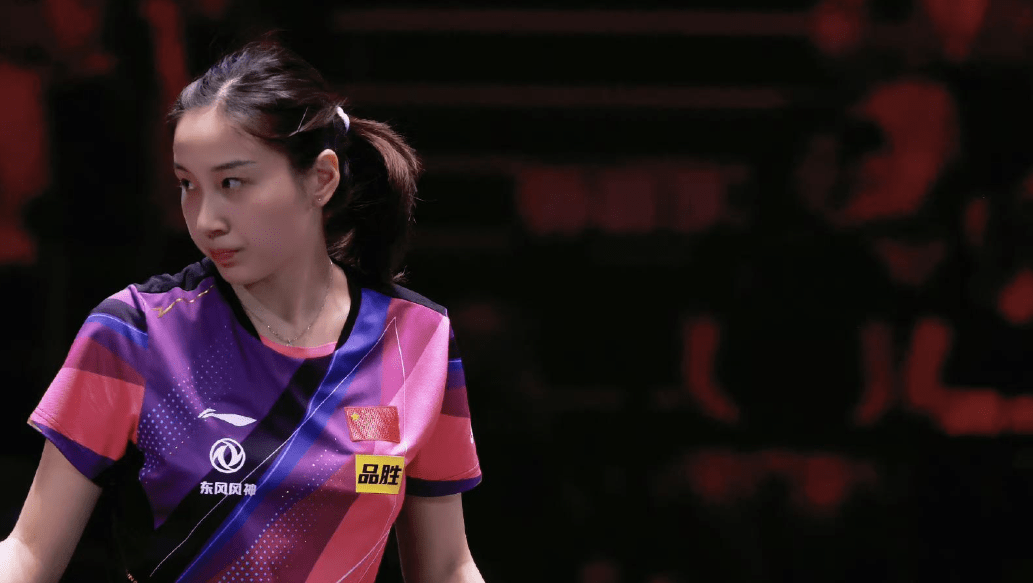
For top athletes, such hostility is not unfamiliar, but its impact is undoubtedly significant. On one hand, you must endure the scrutiny and criticism of thousands of strangers; on the other, it exposes your inner loneliness. Perhaps this is the true cause of Wang Manyu's two roars after the match—when her efforts are repeatedly questioned, and the outside world continuously confronts you with unfriendly voices, venting emotions almost becomes the only possible outlet.

Of course, as professional athletes, everyone hopes to conquer opponents and audiences with their achievements, but let's not overlook one point: whether champions or losers, they are first and foremost human beings who also have days when emotions pile up.
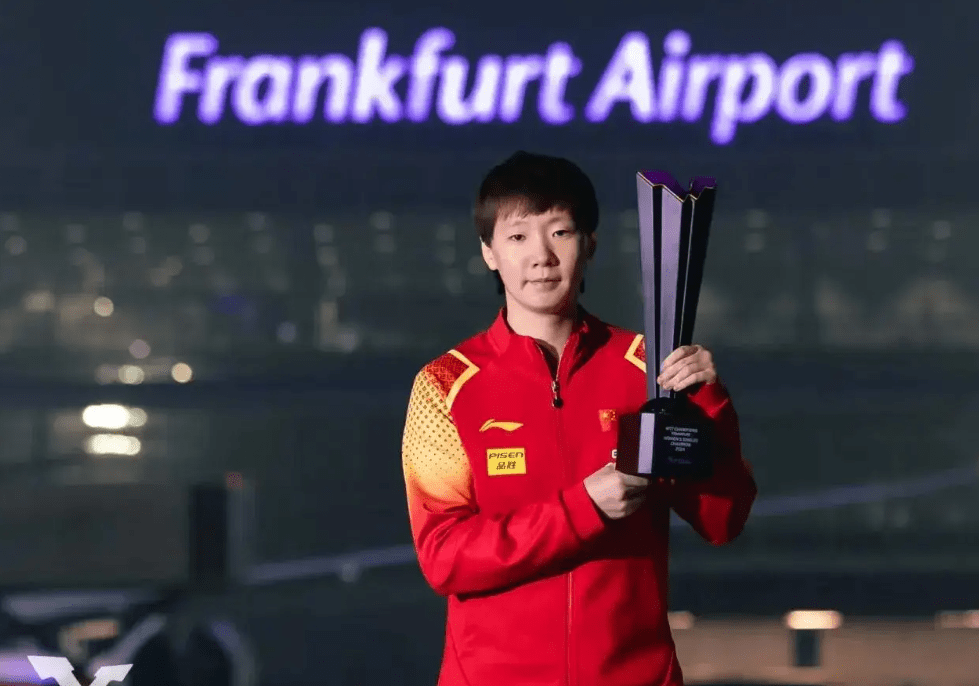
However, we cannot attribute the victory solely to Wang Manyu's "miraculous performance." Behind it all, there is the sweat of other teammates. Shandong Luneng did not win just because of Wang Manyu; her teammates Chen Xingtong and Qian Tianyi also delivered strong performances. Especially Chen Xingtong, who won two consecutive matches, laying the groundwork for the final decisive set.

Qian Tianyi, although unable to withstand the dual pressures of spirit and external environment, her cooperation and previous efforts also laid the foundation for the team's overall performance. Teamwork is more valuable than individual ability. You could say Wang Manyu is the hammer that "decides everything," but beneath the hammer lies a stable platform that lifts heavy weights with ease.
Modern table tennis is no longer a world of solo battles, especially in leagues where teamwork is even more crucial. Jinan Luneng found their own approach in this match, while Shenzhen University, despite their best efforts, lacked coordination, leading to their eventual defeat.
In terms of health, Wang Manyu was not entirely at an advantage before the match. She was unable to participate in the first stage of the Super League due to illness but quickly adjusted her condition within half a month, ensuring both her physical fitness and restoring her competitive rhythm. This achievement is almost the result of years of strict self-discipline.
Competitive sports are never overnight stories; they are the accumulation of perseverance and the hard work faced with difficulties. Every point and shot Wang Manyu made in the final was the culmination of countless past trials. And for such a person, making a "roar" action after the match seems more like a loud response to the persistence along the way.
Reflecting on this final, there is more to consider than just the competition itself. In today's increasingly advanced technological landscape, the application of referees and rules remains a focal point. Is there enough transparency in video replay and on-site judgments? Can we handle controversial shots more delicately to reduce interference with the players' psychology?
This year's league clearly presents more issues worth discussing. These controversial shots not only test the athletes' ability to respond on the spot but also make us think about whether a sport's future development is professional enough. Improving the rules may not only make the competition fairer but also better respond to the efforts of the athletes and the expectations of the audience.
Of course, the match is not just a contest of technique but also a psychological game. Wang Manyu's roar has made us realize this once again, and learning how to regulate and release emotions in the face of overwhelming feelings is a capability every athlete needs to possess.
Outside the court, the attitude of the audience is equally important. If we excessively favor one side and even utter aggressive words, we not only harm the efforts of the other side but also inadvertently tarnish the spirit of sports. Matches sometimes are indeed filled with emotions, but respect and tolerance should be a state above victory and defeat.
Although this table tennis feast has come to a close, the topics surrounding the athletes' emotional release and controversies in the match remain heated. Perhaps Wang Manyu's roar conveys not only the difficulty of victory but also an attitude of not compromising or retreating in the face of challenges. As for the championship competition, rule improvements, mental adjustment, and audience culture, there is still much more for us to ponder.